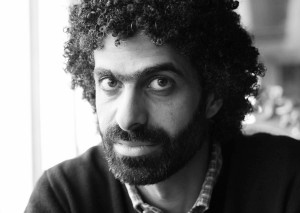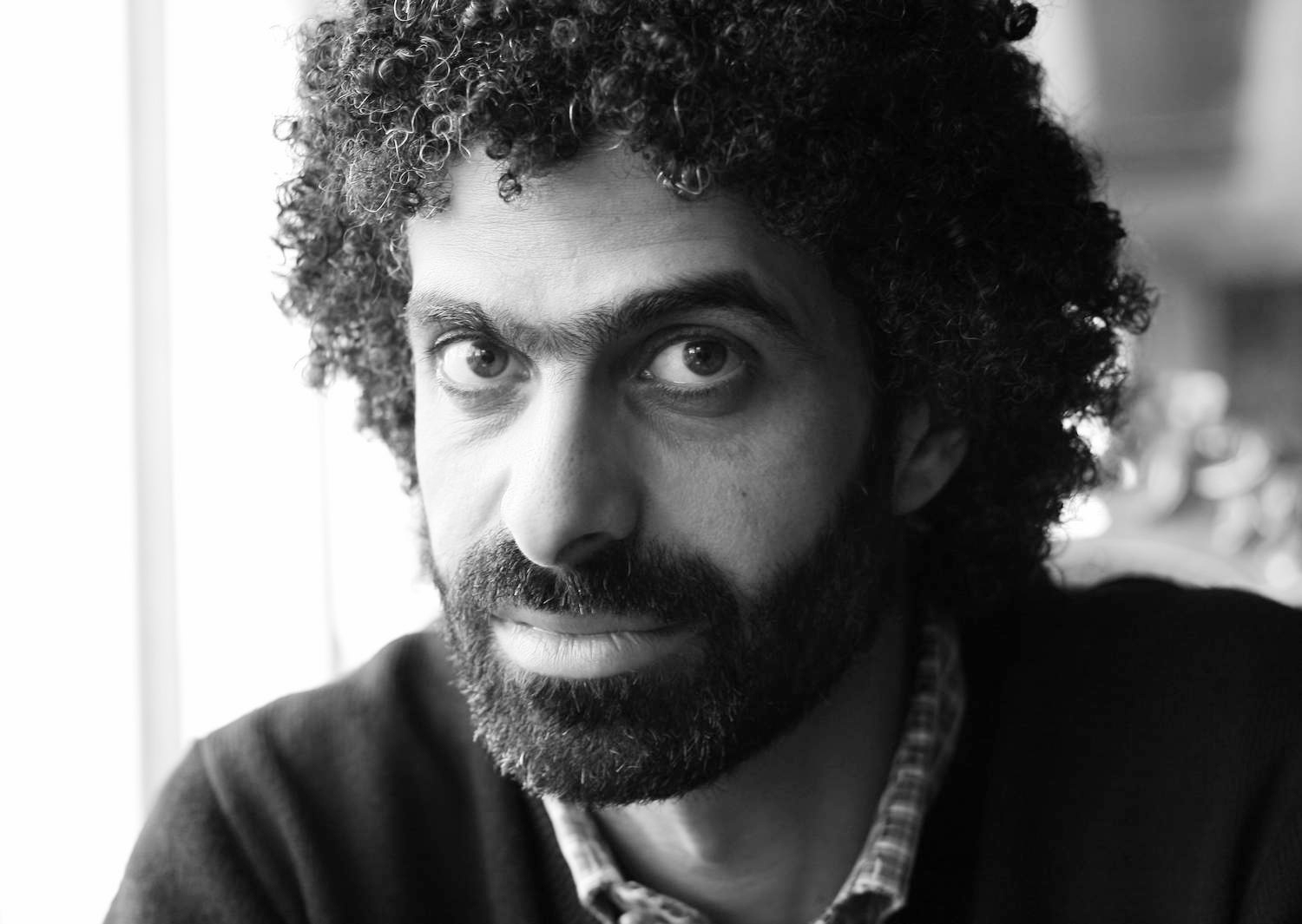
Since the ouster of President Mohamed Morsi on 3 July this year by the military with support of the masses, Egypt is witnessing a unique example of governance models: all-in-one leadership style.
Officially, we have Mr Adly Mansour as the interim president of the country until the so-called roadmap is accomplished sometime hopefully this coming spring. However, practically and let’s not waste our time arguing about that, it is General Abdel Fattah Al Sisi who is the ultimate ruler of this country, the one that responded to the masses’ call and stood against the Muslim Brotherhood.
With the exception of the Brotherhood, Al Sisi’s goal is to make all Egyptians happy. Egyptians with all groups and colours; the revolutionary (or whoever seem representative), the political elite, the business elite and most importantly the masses that called for his help on 30 June.
For the masses and some fraction of the revolutionary activists, especially the widely supported and media polished Tamarod movement, he had to adopt a Nasserist approach. He flirted with the euphoric people in his military suit and spoke a language that finds nostalgic ears among the poor and deprived aspiring to have a dignified life. He perfectly played Nasser, and he easily won the masses’ hearts.
In Al Sisi’s other approach, he partially follows a Sadatist style in his concentration on his excessive nationalist language about Egypt. The term “Egypt above all” can be heard and seen on banners all over the country now. Sadat followed the same approach in the late 1970s, when he wanted to withdraw from the pan-Arab Nasserist commitment. El Sisi is doing a similar thing, softly breaking the ties with the Arab uprisings bond.
On the other hand, while the country cannot only survive on romantic Nasserist thoughts, the deteriorating economy weighs heavily on any of Al Sisi’s plans – especially when it is so far obvious that there is no politician in power in this country that has any sort of a meaningful economic plan. The general then had to approach the only power group prepared to play this role: the current business elite, the same group of businessmen that Mubarak and his son Gamal brought to power. However, he did not use Mubarak’s lame language. In his approach to them he again followed Sadat’s incoherent blend of exaggerated Egyptian nationalism in the hands of a state-obedient private sector within a free-market economy thought.
However, today is not the 1950s of Nasser or the 1970s of Sadat. The country is in turmoil since ousting Mubarak, the previous head of the same state, and people are still under the same revolutionary spill of street power, where they believe they can change things by their own hands. Yes, they are massively supportive of the general, who stood by them against the Brotherhood’s regime, but “stability” is crucial to have the country move “forward”, as anyone in power would believe.
Here, security steps into the current Egyptian political equation. And here the standby Mubarak’s interior that was shamefully hiding for almost three years picks up the call trying to enforce what is seen as stability. However, they practically have no new skills other than those old fascist ones that the revolution has actually broken out against. It is the ridiculous return of Mubarak’s heavy and blind security fist.
Now, let’s rationally ask ourselves the much needed question: is this mixture of Nasserist-Sadatist-Mubarakist leadership fashion, given the historical failure of each, feasible? For very simple reasons, the answer is no.
First, the slightly socialist pro-poor Nasserist strategies to attract the masses that poured to the streets in 2011 demanding social and economic justice cannot be offered at no cost. A cost that consequently requires significant changes in the current economic system. Is Egypt’s ruling elite of today willing to strip the country out of the world’s free-market economic order or even have the know-how? So far, no sigh of this ability, except for the current diplomatic mess caused by extreme violations of international human rights law.
Second, internally speaking, such pro-poor promises have their own business cost on those in control of most of the country’s economy, while the current regime is flirting with them – Mubarak’s business elite – for the sake of keeping the economy from totally collapsing. Does anyone believe that they are willing to pay that cost? Highly unlikely.
Third, since no change will happen in people’s lives, at least economically speaking, why on earth would the average citizen have to accept such a blunt return of Mubarak’s police state that thousands have lost their lives fighting against? Pathetically, the Ministry of Interior’s arrogant and violent return, protected by the new and quickly cooked up Protest Law, is so much like a dinosaur’s return in confrontation of a young generation that thinks totally differently – not to mention, quickly. A few days ago, a smart-phone application was introduced by activists and protesters called “I’m getting arrested”, where a single click can inform a whole limitless network of lawyers, other activists and the media to take action at the same moment.
The bottom line is that since this interfamily marriage between the military, Mubarak’s interior ministry and Gamal’s business elite is still ruling the country, and since people are still getting killed or arrested for expressing their opinions, Egyptians are still stuck on 11 February, 2011, where Mubarak forcibly left his office, while the same office is still ruling the country in coordination with the legacy of the last Gamal.
…End of series
Egyptians between the two Gamals (1 of 5)
Egyptians between the two Gamals (2 of 5): The Mubarakonomics of dismantling Nasser’s state
Egyptians between the two Gamals (3 of 5): A nation on the back burner
Egyptians between the two Gamals (4 of 5): Mubarak’s fall, just a beginning




